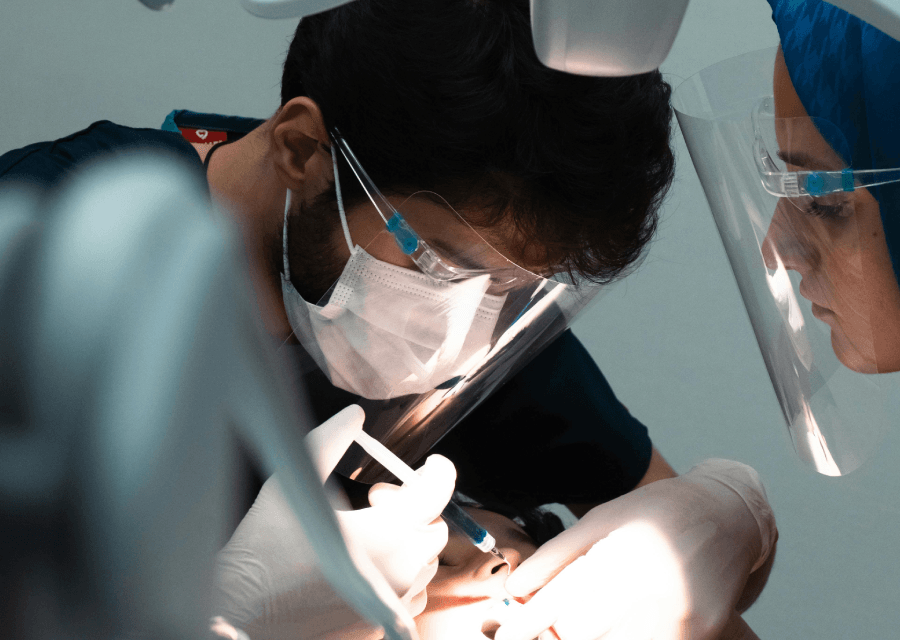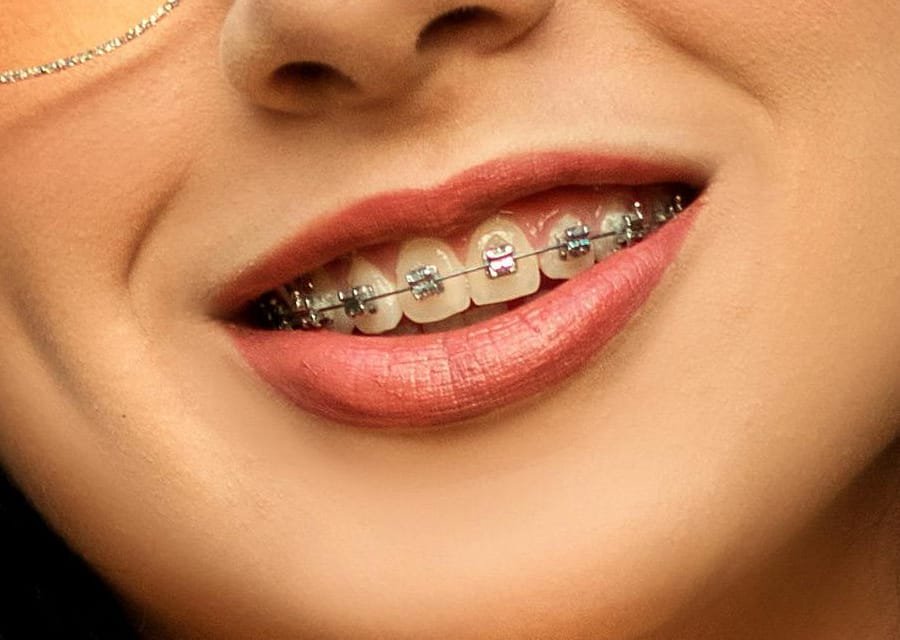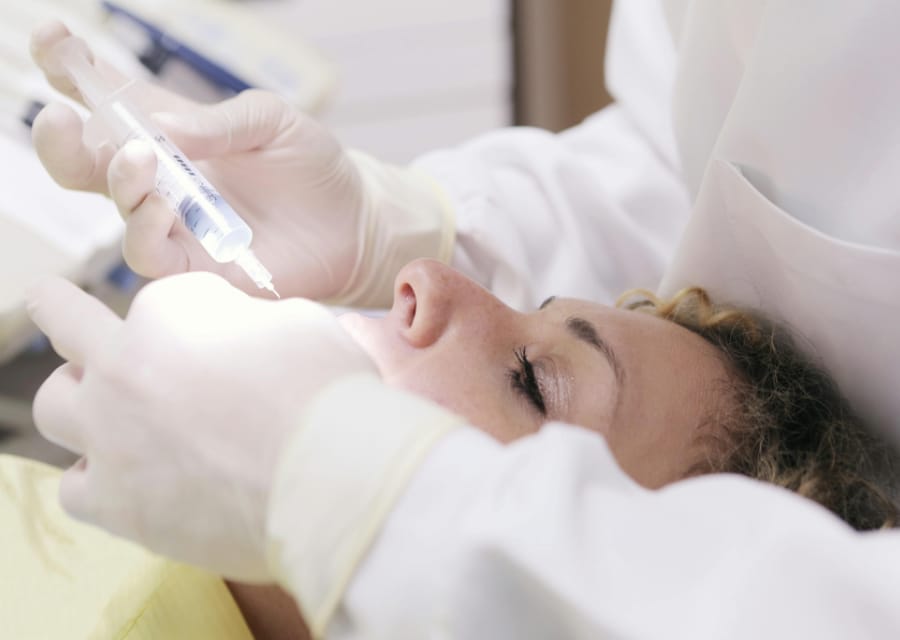
Oral health is essential for overall well-being and sometimes, the treatments needed go beyond basic dental care. For more complex issues, such as severe tooth extractions, facial trauma or jaw misalignment, the expertise of a Maxillofacial and Dental Surgeon (MDS) is required. An MDS is a dental professional with advanced training in both dental care and surgery, specifically focusing on the head, face, mouth and jaw.
In this blog post, we’ll explore what maxillofacial and dental surgery involves, the specific areas where an MDS specializes and how they treat various oral health conditions to improve both function and appearance.
What is Maxillofacial and Dental Surgery?
Maxillofacial and dental surgery is a specialized field that combines the skills of dentistry and surgery to treat diseases, injuries and defects of the mouth, teeth, jaws and facial structures. An MDS (Master of Dental Surgery) has completed extensive training that allows them to perform surgeries related to the maxillofacial area—basically the upper face, including the jaw, teeth, cheeks and other oral structures.
Unlike general dentists, who focus on preventive care and routine dental procedures, MDS specialists deal with complex conditions that require surgical intervention. They perform surgeries to correct facial abnormalities, repair injuries and treat conditions that go beyond what a regular dentist can address.
The Training and Expertise of an MDS
Becoming an MDS requires years of study and practical training. After completing a Bachelor of Dental Surgery (BDS), which is the foundational dental degree, an aspiring MDS undergoes further education in a specialized area of oral and maxillofacial surgery. This additional training typically lasts 3-4 years, during which the dentist learns advanced surgical techniques, patient care and the treatment of complex oral health conditions.
The areas of expertise of an MDS include:
- Facial trauma surgery (treating injuries to the face, including broken jaws or fractured facial bones).
- Jaw realignment surgery (for people with misaligned or malformed jaws).
- Tooth extractions, especially impacted wisdom teeth.
- Cleft lip and palate surgery.
- Oral cancer surgery (removal of tumors in the mouth or throat).
- Reconstructive surgery to restore appearance and function.
With their advanced training, MDS specialists are skilled at managing both the functional and aesthetic aspects of oral health conditions, ensuring that their patients not only regain proper function but also have an improved appearance.
When Should You See an MDS?
While routine dental issues such as cavities, cleanings and fillings are handled by general dentists, there are several situations in which an MDS may be needed. Some of these include:
- Facial Injuries and Trauma
Accidents or injuries can result in broken jaws, teeth or facial bones. MDS specialists are trained to repair fractures and restore function. Whether from a sports injury, car accident or other trauma, a maxillofacial surgeon can re-align and stabilize facial bones, ensuring proper healing.
For example, if a person suffers a fractured jaw, an MDS may perform surgery to reposition the jaw and secure it with plates or screws, restoring the person’s ability to speak, eat and breathe properly.
- Jaw Alignment Issues (Orthognathic Surgery)
Sometimes, a person’s upper and lower jaws do not align properly, leading to problems with biting, chewing, speaking or even breathing. This misalignment is called malocclusion and it can be a result of genetics, developmental issues or injury. In such cases, an MDS can perform orthognathic surgery to realign the jaws, improving both function and appearance.
This type of surgery can correct conditions like:
- Overbites or underbites.
- Crossbites (when the top and bottom teeth don’t align properly).
- Open bites (when the upper and lower teeth don’t meet when the mouth is closed).
Orthognathic surgery can improve a person’s ability to chew, reduce pain in the jaw joints and give them a more balanced facial appearance.
- Tooth Extractions and Wisdom Teeth Removal
Sometimes, a tooth is impacted, meaning it does not emerge properly through the gums. Impacted wisdom teeth are a common example. An MDS is trained to extract wisdom teeth, especially when they are causing pain, infection or crowding in the mouth. This is a more complex procedure than a regular tooth extraction, requiring surgical skills to ensure the area heals properly and the surrounding teeth are not damaged.
- Oral Cancer Treatment
Oral cancer can affect any part of the mouth, including the tongue, gums, cheeks and the roof and floor of the mouth. Early detection is critical for successful treatment, but when cancer is diagnosed, surgery often becomes necessary to remove tumors and affected tissues.
An MDS plays a critical role in the surgical treatment of oral cancer. They can remove tumors, reconstruct affected areas and work alongside oncologists for radiation therapy or chemotherapy when needed. Their expertise in both the mouth’s structure and the surrounding facial tissues makes them essential for this type of surgery.
- Cleft Lip and Palate Surgery
Cleft lip and palate are congenital conditions where the lip or the roof of the mouth does not fully develop during pregnancy, leaving a gap or opening. This condition can cause difficulty with eating, speaking and social development.
An MDS is often the lead surgeon in repairing cleft lips and palates, typically through a series of surgeries starting early in life. These procedures can significantly improve both the function and appearance of the affected areas, allowing the child to lead a normal life.
- Reconstructive Surgery
In some cases, surgery may be needed to restore the appearance of the mouth or face after a significant injury, tumor removal or congenital defect. Reconstructive surgery can include bone grafting, soft tissue repair and aesthetic enhancements to improve both form and function.
For example, if someone loses a portion of their jawbone due to cancer or trauma, an MDS can perform reconstructive surgery to rebuild the jaw, using bone grafts or implants.
Why Choose an MDS for These Procedures?
The advanced training and expertise of an MDS set them apart from general dentists. While general dentists are skilled at managing routine dental care, an MDS can handle complex cases that involve not only teeth but also the surrounding facial structures. Their expertise in both surgery and the anatomy of the face and mouth makes them uniquely qualified to perform intricate procedures that improve a patient’s health and appearance.
An MDS can offer:
- Comprehensive care: They can handle multiple aspects of treatment, from diagnosis to surgery to post-operative care.
- Specialized skill: Their training in maxillofacial surgery allows them to deal with issues that general dentists are not equipped to manage.
- Aesthetic results: An MDS considers the functional and cosmetic aspects of surgery, ensuring that patients don’t just recover but look and feel better too.
Conclusion
Maxillofacial and dental surgery plays a vital role in treating complex oral health conditions, from traumatic injuries and misaligned jaws to oral cancer and congenital defects. An MDS (Master of Dental Surgery) has the expertise to handle these complex cases, improving both the function and appearance of the mouth, teeth and face. If you’re dealing with any of these issues, a visit to an MDS could be the first step toward regaining your oral health and confidence.
Remember, while regular visits to a general dentist are crucial for preventive care, sometimes specialized care from an MDS is necessary for more advanced or complex conditions. If you think you might need the services of an MDS, consult with your dentist for a referral or recommendation.
To schedule an appointment at ‘Sukumar Dental Clinic’ call +91-7418210108 or WhatsApp Dr. Sukumar at +91-9655225002. We take pride in having the top dental clinic in Palayamkottai, Tirunelveli. Alternatively, you can email us at info@sukumardental.com


